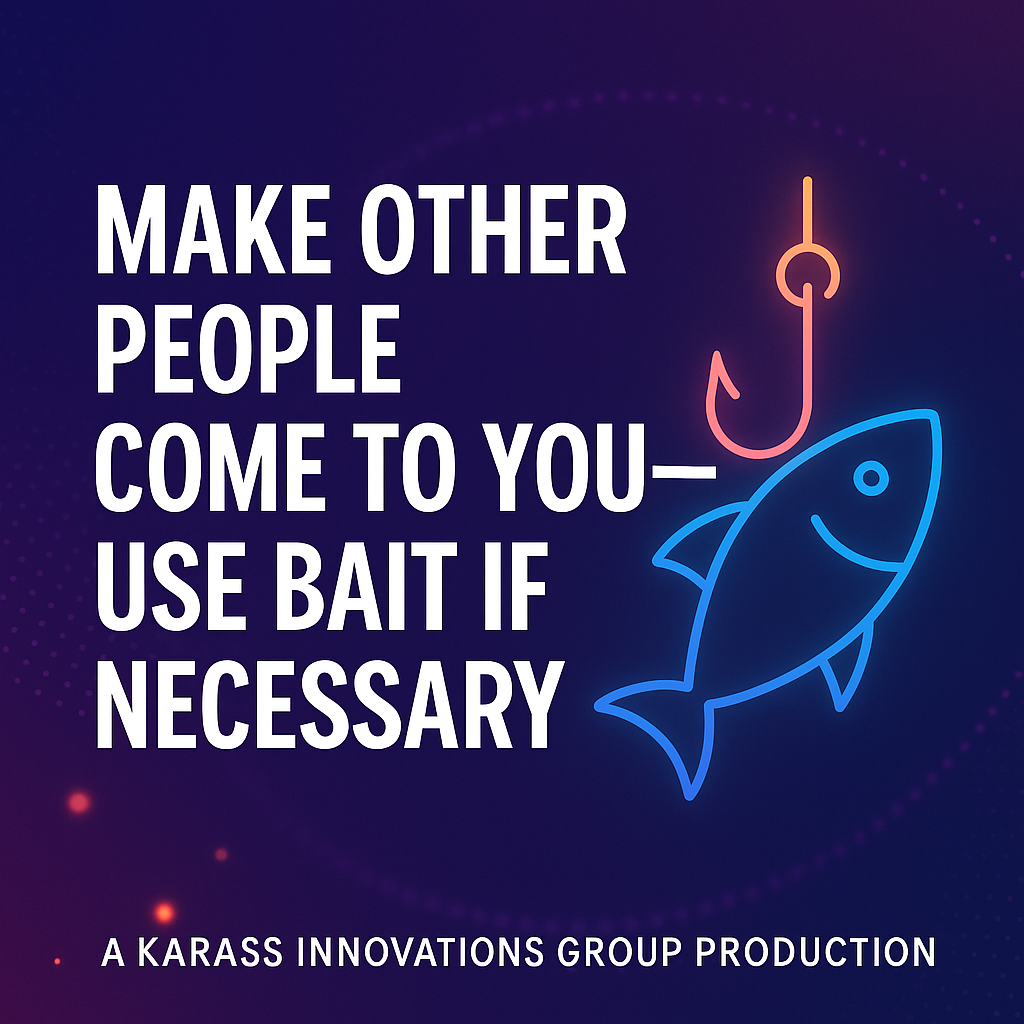The sweeping tariffs introduced by President Trump in April 2025—dubbed the “Liberation Day” tariffs—are reshaping the landscape for supply chain, shipping, trucking, and logistics sectors. These measures, including a universal 10% import tariff and additional country-specific levies reaching up to 54% for nations like China, are already exerting significant pressure on global trade dynamics .(Houston Chronicle, Wikipedia)
So Much Depends on Reputation—Guard It With Your Life
So Much Depends on Reputation—Guard It With Your Life
Reputation is the cornerstone of power. If your reputation is strong, it precedes you and protects you. Guard it fiercely, for once it is damaged, it can take years to rebuild. Protect your name and image, and always act in a way that reinforces the positive narrative around you.
Clarify Roles and Responsibilities in Your MOS (Part 2 of 3)
Clarify Roles and Responsibilities in Your MOS (Part 1 of 3)
Root Cause Analysis Should Be Routine (Part 3 of 3)
Always Say Less Than Necessary
Always Say Less Than Necessary
When you speak, be economical with your words. By saying less, you create an aura of mystery and control. The more you speak, the more likely you are to say something that could be used against you. Silence communicates power, and people will read into what you don’t say, amplifying your influence.
Root Cause Analysis Should Be Routine (Part 2 of 3)
Root Cause Analysis Should Be Routine (Part 1 of 3)
Use Accountability Boards to Drive Ownership (Part 3 of 3)
How does Sludge impact your business?
1. Cultural Impact in Manufacturing and Engineering:
In manufacturing and engineering, the distinction between sludge and nudge is becoming increasingly vital. “Sludge” in these sectors often manifests as bureaucratic work orders, convoluted safety signoffs, or overly complex standard operating procedures (SOPs) that slow down frontline productivity. By contrast, “nudges”—such as visual management cues, simplified digital checklists, or automatic maintenance reminders—have shown to improve compliance and reduce downtime. A 2024 McKinsey study found that manufacturers who implemented behavioral nudges in lean practices saw a 17% increase in operational efficiency compared to peers burdened with procedural sludge. The shift towards leaner behavioral design is a cultural necessity in a sector facing growing demands for agility and precision.
2. Economic and Supply Chain Transformation:
In economic terms, sludge introduces friction that inflates costs and delays decision-making. Across global supply chains, layers of approvals, redundant documentation, and siloed systems can paralyze responsiveness. A 2023 Deloitte report revealed that companies experiencing high administrative friction had 28% slower supplier onboarding times and 19% higher logistics costs. In contrast, companies using nudges—such as pre-approved vendor lists or dynamic restock triggers—achieved a 23% faster time-to-value in procurement cycles. As supply chains continue to face volatility through 2025 and 2026, businesses must adopt nudging strategies to eliminate friction and stay competitive in just-in-time and omni-channel fulfillment environments.
3. Leadership in Healthcare, Science, and Education:
In healthcare, education, and science, sludge can be ethically and operationally dangerous. For instance, excessive EHR (electronic health record) inputs or academic admin requirements often lead to decision fatigue, burnout, and reduced care or teaching quality. In contrast, behavioral nudges—such as default flu shot scheduling, real-time lab notifications, or guided research templates—help professionals focus on value-added tasks. According to the Journal of Behavioral Science, healthcare organizations using digital nudges saw a 30% increase in preventive care uptake. In education, institutions deploying behavioral interventions like automatic tutoring nudges improved student retention by 12%. Leaders in these fields are realizing that clarity, simplicity, and cognitive alignment are not just efficiency strategies—they’re cultural imperatives.
4. Marketing, Services, and Warehousing Alignment:
In customer-facing functions like marketing and service delivery, sludge undermines user experience. Complex return policies, lengthy checkout processes, or hard-to-find service links reduce customer loyalty. Conversely, companies leveraging nudges—such as scarcity indicators, one-click actions, or pre-filled forms—are seeing up to 40% higher conversion rates, according to a 2024 Salesforce report. In warehousing, behavioral nudges like LED pick-path indicators or real-time scan prompts improve accuracy and morale. The broader leadership trend in 2025 and 2026 is a pivot from rigid system design to intuitive, human-centered operations. Executives are recognizing that winning cultures are built not just by removing what slows people down, but by guiding them naturally toward better decisions.









